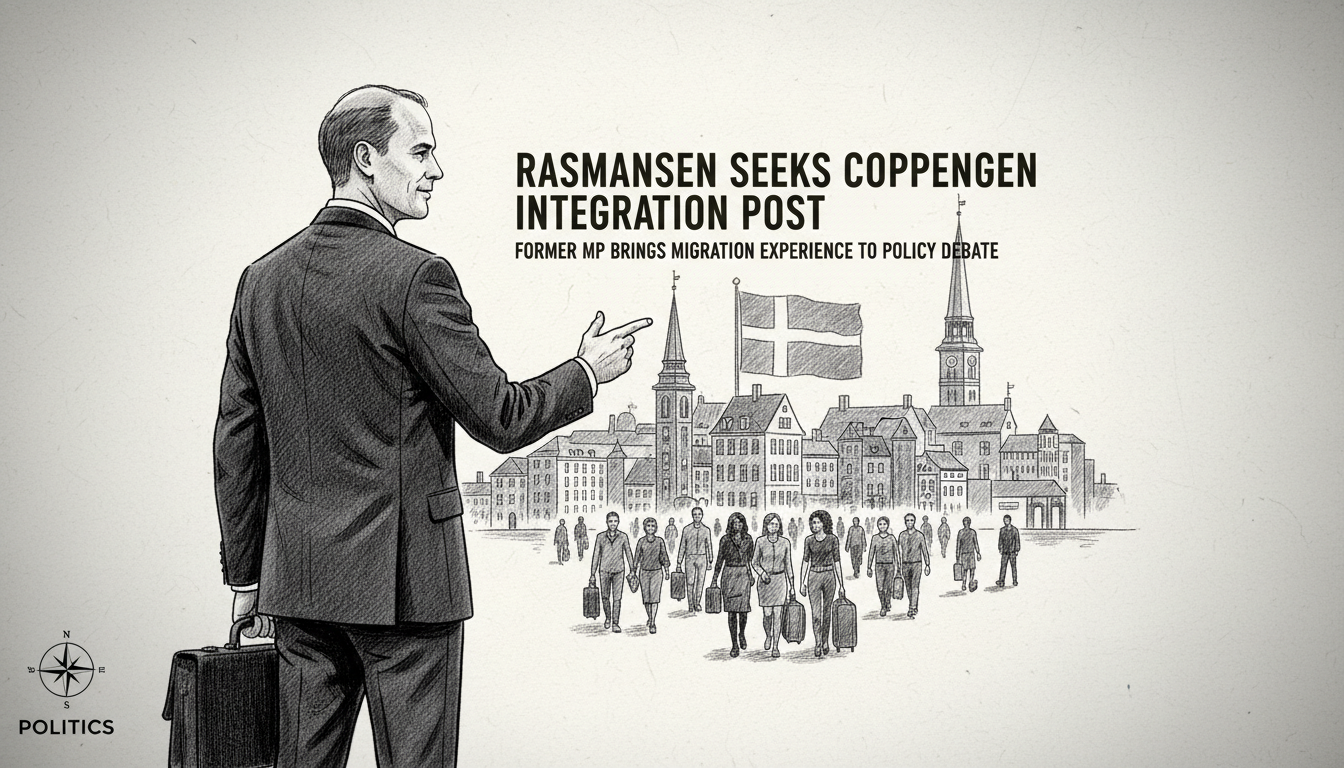Former Danish Parliament member Lars Aslan Rasmussen has declared his candidacy for Copenhagen's employment and integration portfolio. This follows Social Democrat leader Pernille Rosenkrantz-Theil's unexpected departure from politics after disappointing municipal election results. The development marks a significant moment for Danish society news and Copenhagen integration policies.
Rasmussen announced his availability through social media, emphasizing his personal background and professional qualifications. He wrote about being the son of a Turkish guest worker and Danish mother, raised in the diverse Nørrebro district. His childhood experiences gave him direct understanding of integration challenges many face in Denmark. This personal perspective could influence Denmark social policy approaches if he secures the position.
The Social Democrats received only 12.7 percent of Copenhagen votes, ending their century-long dominance in the capital. This electoral setback makes the upcoming appointment particularly crucial for the party's future influence. Rasmussen received 4,656 personal votes, second only to Rosenkrantz-Theil's 11,808 among Social Democratic candidates.
Rasmussen served in Parliament for six years and previously spent a decade in Copenhagen's City Council. His extensive political experience contrasts with another potential candidate, Andreas Keil, who received 960 personal votes. Party delegate Niels Bjerrum publicly supported Keil, arguing vote counts don't determine governing capability. The Copenhagen branch will decide the appointment next week.
This leadership transition occurs during important discussions about Denmark immigration policy and the Danish welfare system. Copenhagen's integration challenges require nuanced understanding of both policy and human experience. The new employment and integration mayor will oversee programs affecting thousands of residents navigating Denmark's social infrastructure.
The appointment decision carries weight beyond party politics. Copenhagen's integration policies often influence national approaches to immigration and social cohesion. The successful candidate will manage substantial municipal resources while addressing complex social dynamics. Their approach could shape how Denmark balances welfare provision with integration requirements.
Rasmussen indicated he expects other candidates to emerge before Friday's nomination deadline. The final decision rests with party delegates who must weigh electoral performance against governing competence. Their choice will signal the Social Democrats' direction following their Copenhagen electoral decline.
Copenhagen's municipal government includes 55 council members led by one mayor and six portfolio holders. The employment and integration position manages one of the city's key administrative areas. This makes the appointment particularly significant for both practical governance and political symbolism.

